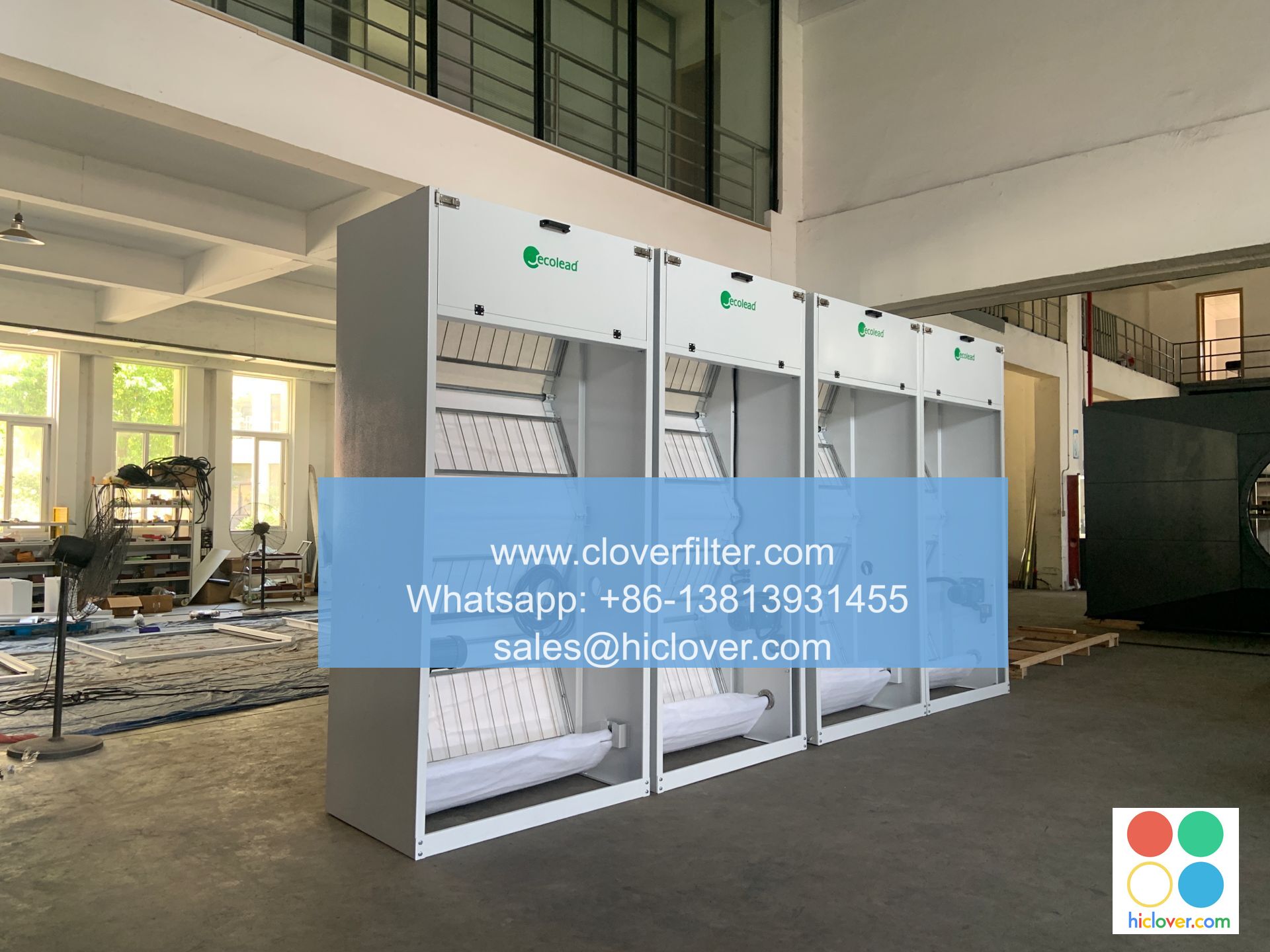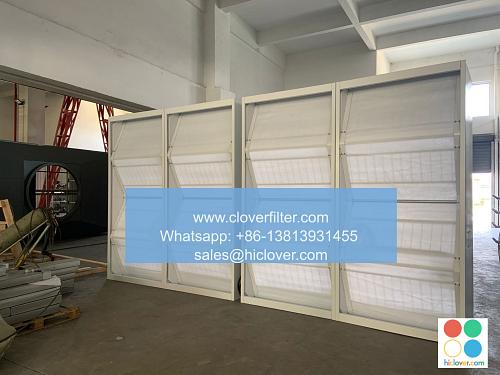The Importance of Clean Air in Biopharmaceutical Manufacturing

Clean air is a critical component in biopharmaceutical manufacturing, playing a vital role in ensuring the quality and safety of pharmaceutical products. The biopharmaceutical industry, which involves the production of medicines and vaccines through biological systems, requires a controlled environment to prevent contamination and ensure the integrity of the products. In this article, we will discuss the importance of clean air in biopharmaceutical manufacturing, highlighting various application areas, such as Good Manufacturing Practice (GMP), High-Efficiency Particulate Air (HEPA) filtration, and biocontamination control.
Introduction to Biopharmaceutical Manufacturing
Biopharmaceutical manufacturing involves the use of living cells or organisms to produce therapeutic proteins, vaccines, and other biological products. The production process requires a controlled environment, including temperature control, humidity control, and air quality control, to prevent contamination and ensure the quality of the final product. Clean air is essential in biopharmaceutical manufacturing to prevent the introduction of microbial contaminants, such as bacteria, viruses, and molds, which can compromise the safety and efficacy of the products.
The Role of Clean Air in Biopharmaceutical Manufacturing
Clean air plays a crucial role in biopharmaceutical manufacturing, serving as a critical control point in the production process. The air in the manufacturing facility must be filtered and purified to remove particulate matter, microorganisms, and volatile organic compounds (VOCs) that can contaminate the products. The use of HEPA filters and ultra-low penetration air (ULPA) filters can help to achieve the required level of air cleanliness, ensuring that the air is 99.97% free from particles as small as 0.3 microns. Clean air has various application areas in biopharmaceutical manufacturing, including: The biopharmaceutical industry is subject to various regulatory requirements, including GMP, ISO 14644, and EU GMP, which emphasize the importance of clean air in biopharmaceutical manufacturing. These regulations require manufacturers to implement clean air systems, including HEPA filtration and air purification systems, to ensure the quality and safety of pharmaceutical products. In conclusion, clean air is a critical component in biopharmaceutical manufacturing, playing a vital role in ensuring the quality and safety of pharmaceutical products. The use of HEPA filters, ULPA filters, and air purification systems can help to achieve the required level of air cleanliness, preventing contamination and ensuring the integrity of the final product. By highlighting various application areas, such as cell culture, fermentation, and quality control, we can appreciate the importance of clean air in biopharmaceutical manufacturing and the need for strict regulatory controls to ensure compliance with GMP and other regulatory requirements.
* Cell culture: Clean air is essential in cell culture to prevent contamination and ensure the growth of healthy cells.
* Fermentation: Clean air is necessary in fermentation to prevent the introduction of microbial contaminants that can compromise the fermentation process.
* Filling and packaging: Clean air is critical in filling and packaging to prevent contamination and ensure the integrity of the final product.
* Quality control: Clean air is essential in quality control to prevent contamination and ensure the accuracy of test results.Regulatory Requirements for Clean Air in Biopharmaceutical Manufacturing
Conclusion

